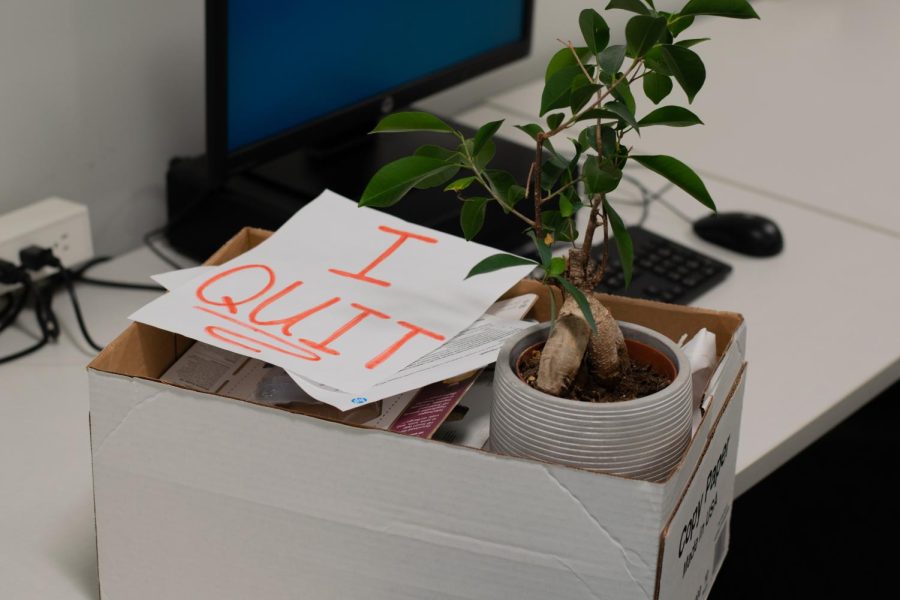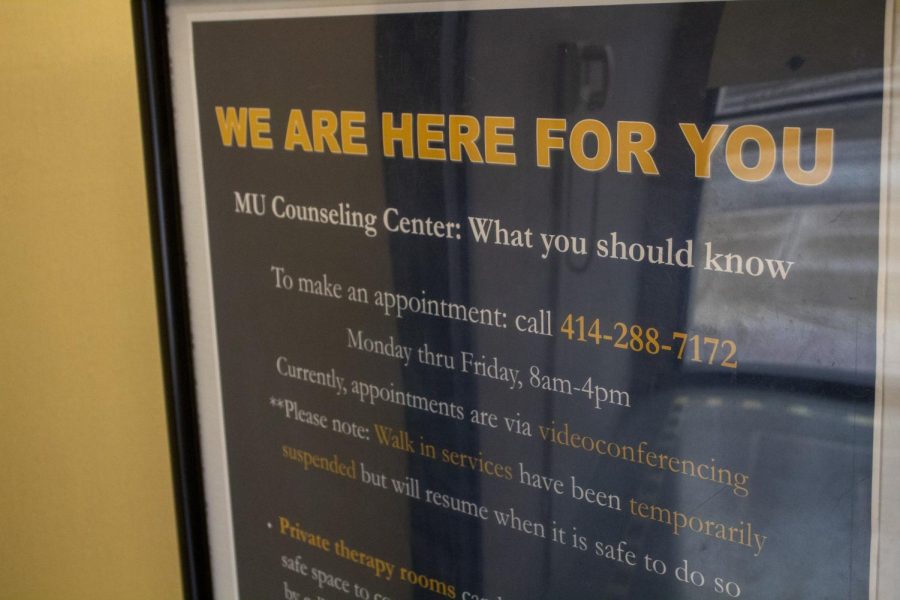The phrase “burned out” has become ubiquitous throughout the pandemic. Across colleges, Marquette undergraduate and graduate students alike have reported consistent levels of academic stress resulting from COVID-19 challenges in the classroom. As the pandemic continues to challenge students’ mental health, tutoring programs have provided academic support during the anxiety-inducing school year.
Marquette’s tutoring program accommodates around 5,000 tutorial requests per year, according to its website. Dawn Barrett, associate director of the tutorial program at Marquette, said that a common theme among students who visit the tutoring center is how they have become increasingly overwhelmed by the chaotic amount of information that is included on D2L pages, emails and other online correspondence.
“There is a lot of information coming at everyone via various media so it can be overwhelming trying to disseminate,” Barrett said.
A full-time student at Marquette is committed to at least 12 credits. On average, a student with this many credits will spend 24-48 hours a week studying and completing assignments in addition to actual class time. With the potential for added extracurriculars, athletics, employment, hygiene, eating and transportation, it is a challenge in itself to process all the information given, while also devoting time to additional studying, Barrett said.
“Students and staff must seek out and utilize all resources available to them,” Barrett said.
Marquette offers 318 tutoring groups each week, with 100 trained tutors.
But improvements can be made to ensure the success of students and staff, Barrett said.
For Skyler Demis, a senior in the College of Health Sciences, her burnout is at an all-time high. The transition to fully online classes made it difficult to hold herself accountable for attending class and not falling behind on assignments, she said. Demis has one in-person class a week.
“There has been the addition of smaller assignments and it can be difficult to keep track of those,” Demis said. “I have found this semester to be the most challenging because it is extremely difficult to group study, or work on group projects via Microsoft Teams. Students are also sitting on their computers all day every day and it is difficult to continue to do so once classes are done at the end of the day.”
As an undergraduate student, it is easy to become discouraged and lose motivation, especially when there is a lack of appraisal, Demis said.
Demis exemplifies a great deal of diligence with her academics and career goals with an almost perfect attendance record, extracurriculars, volunteer work and spending most of her free time dedicated to her academics, she said.
Alana Young, a senior in the College of Arts & Sciences, has also been challenged by online learning.
“To be completely honest, the pattern of the academic career shifted drastically following COVID-19. I have really struggled with attention, motivation and productivity which is reflected in my performance,” Young said. “I think it has been really easy to feel discouraged, especially over time.”
Because of this lack of motivation and productivity, students are having a tough time catching up on or even completing schoolwork, Demis said.
With 168 hours in a week and computers being the main work medium, it is common that students become overwhelmed within the hybrid learning system, possibly more so than what used to be a reality of in-person learning, Barrett explained.
Because students spend so much time on their devices, it is difficult to engage with extracurricular events that are virtual, including tutoring sessions, Barrett said.
“As is with many areas on campus, student engagement (in the tutoring program) has decreased compared with past semesters,” Barrett said. “Both the number of students and number of requests are down.”
This story was written by Aspen Ramos. She can be reached at aspen.ramos@marquette.edu.









